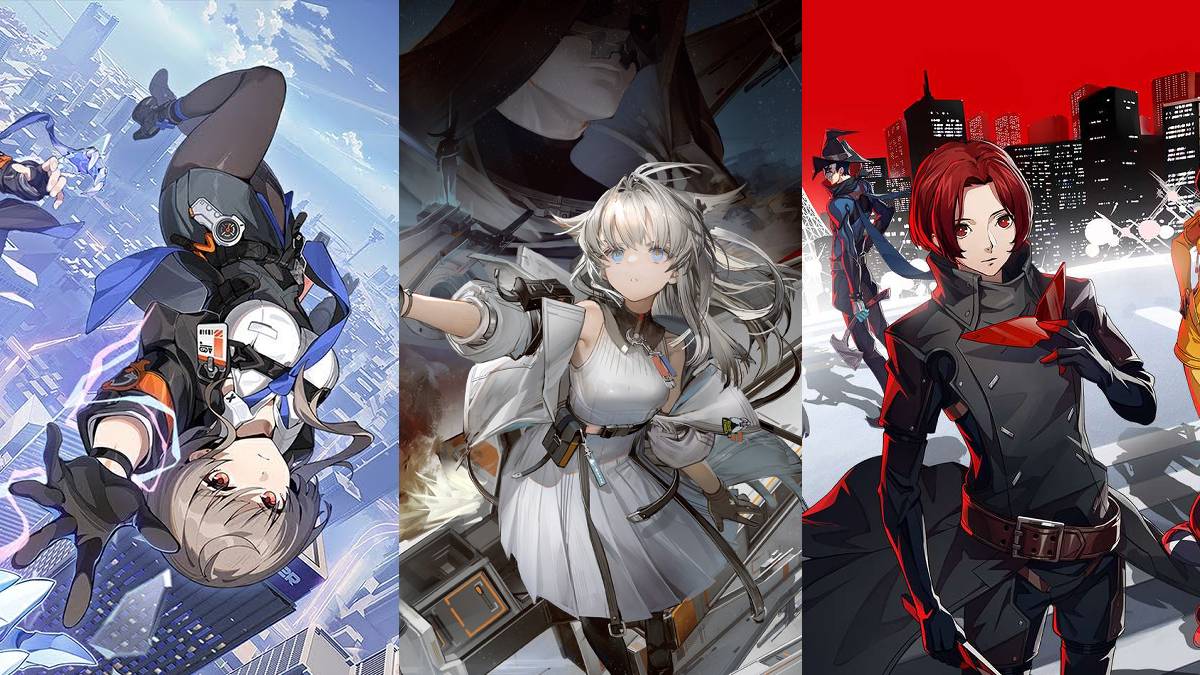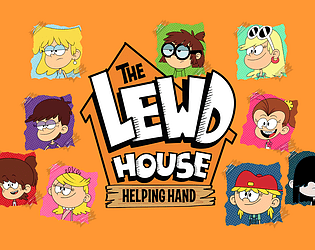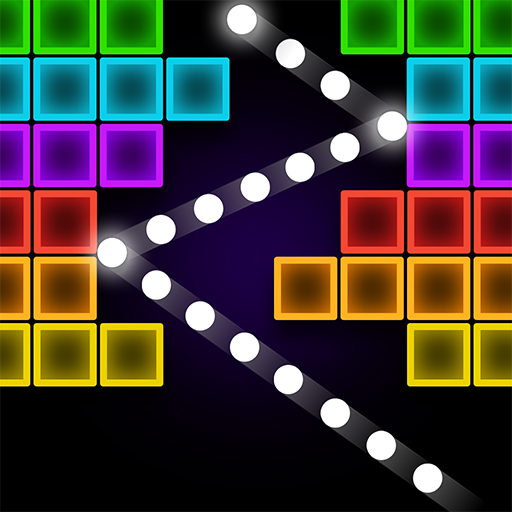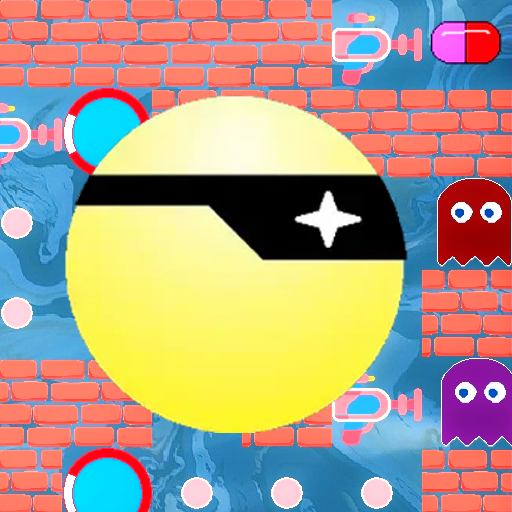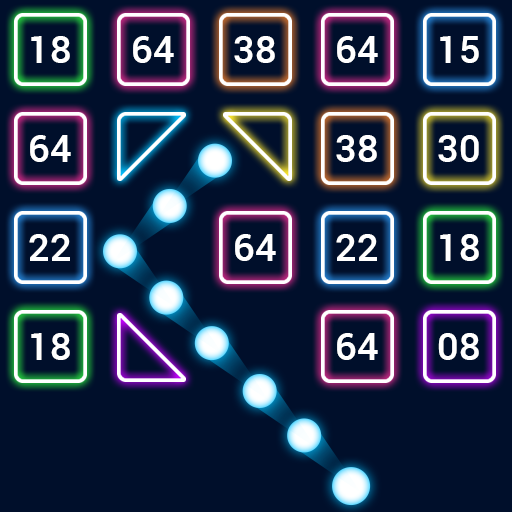Capcom's Monster Hunter Rise: From Resident Evil 6 Low to Golden Era
With *Monster Hunter: World* shattering Steam records and *Resident Evil* enjoying unprecedented popularity thanks to *Village* and several stellar remakes, Capcom seems virtually unstoppable. But this wasn't always the case. Less than a decade ago, a string of critical and commercial failures left the company teetering on the brink, lost both in its identity and its audience.
Capcom suffered a profound identity crisis. *Resident Evil*, the pioneer of survival horror, lost its edge after *Resident Evil 4*. Another flagship franchise, *Street Fighter*, faltered after the poorly-received *Street Fighter 5*. The end seemed near for Capcom and its beloved games.
Yet, a glimmer of hope emerged. A strategic shift in game development, coupled with a powerful new game engine, revitalized these cherished franchises, igniting years of critical acclaim and financial success that propelled Capcom back to the top.
Resident Evil Lost Its Way
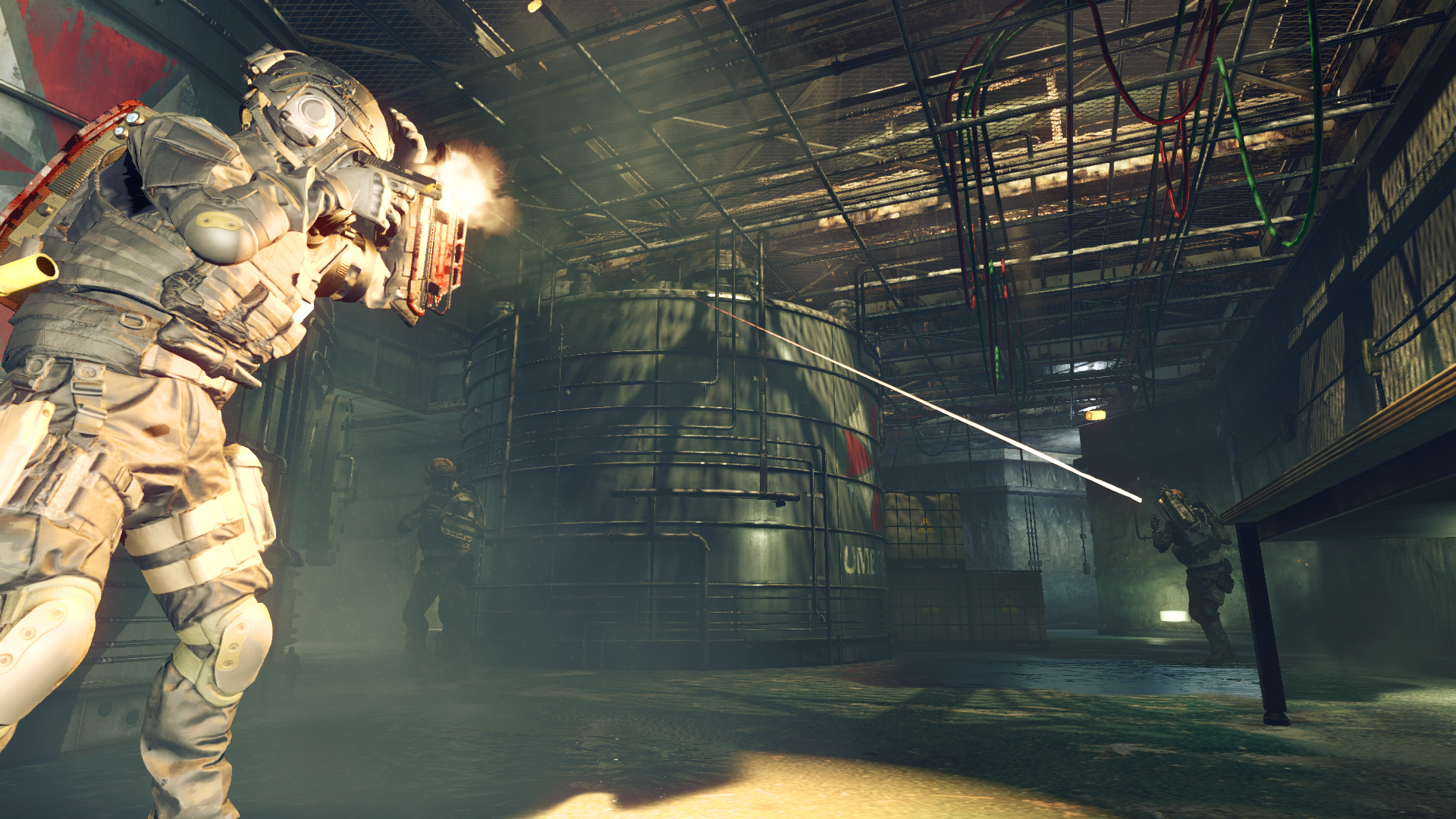
2016 was a disastrous year. *Umbrella Corps*, an online co-op shooter, was met with harsh criticism from both reviewers and fans. *Street Fighter 5* similarly disappointed longtime fans, falling short of the brilliance of its predecessor, *Street Fighter 4*. And *Dead Rising 4*, despite Frank West's return, proved to be the series' final new entry. This marked the nadir of a string of forgettable years for Capcom, beginning in 2010. Mainline *Resident Evil* games received diminishing critical praise despite strong sales. *Street Fighter* struggled, *Devil May Cry* was absent, and while *Monster Hunter* thrived in Japan, it struggled internationally.
This is a stark contrast to the Capcom we know today. Since 2017, Capcom has consistently delivered hit after hit, accumulating both sales and accolades across its major franchises, including *Monster Hunter: World*, *Devil May Cry 5*, *Street Fighter 6*, and several critically acclaimed remakes and a successful *Resident Evil* soft reboot. Capcom's current success required more than just learning from past mistakes; it demanded a complete overhaul of strategy, from target audience to technology.
Founded in 1979 as an electronic game machine manufacturer, Capcom rose to prominence in the 80s and 90s with 2D titles like *Street Fighter* and *Mega Man*, successfully transitioning to 3D with franchises like *Resident Evil*. Between 2000 and 2010, Capcom successfully modernized many of its classic franchises, culminating in the creation of *Resident Evil 4*—a game many consider one of the greatest ever made.
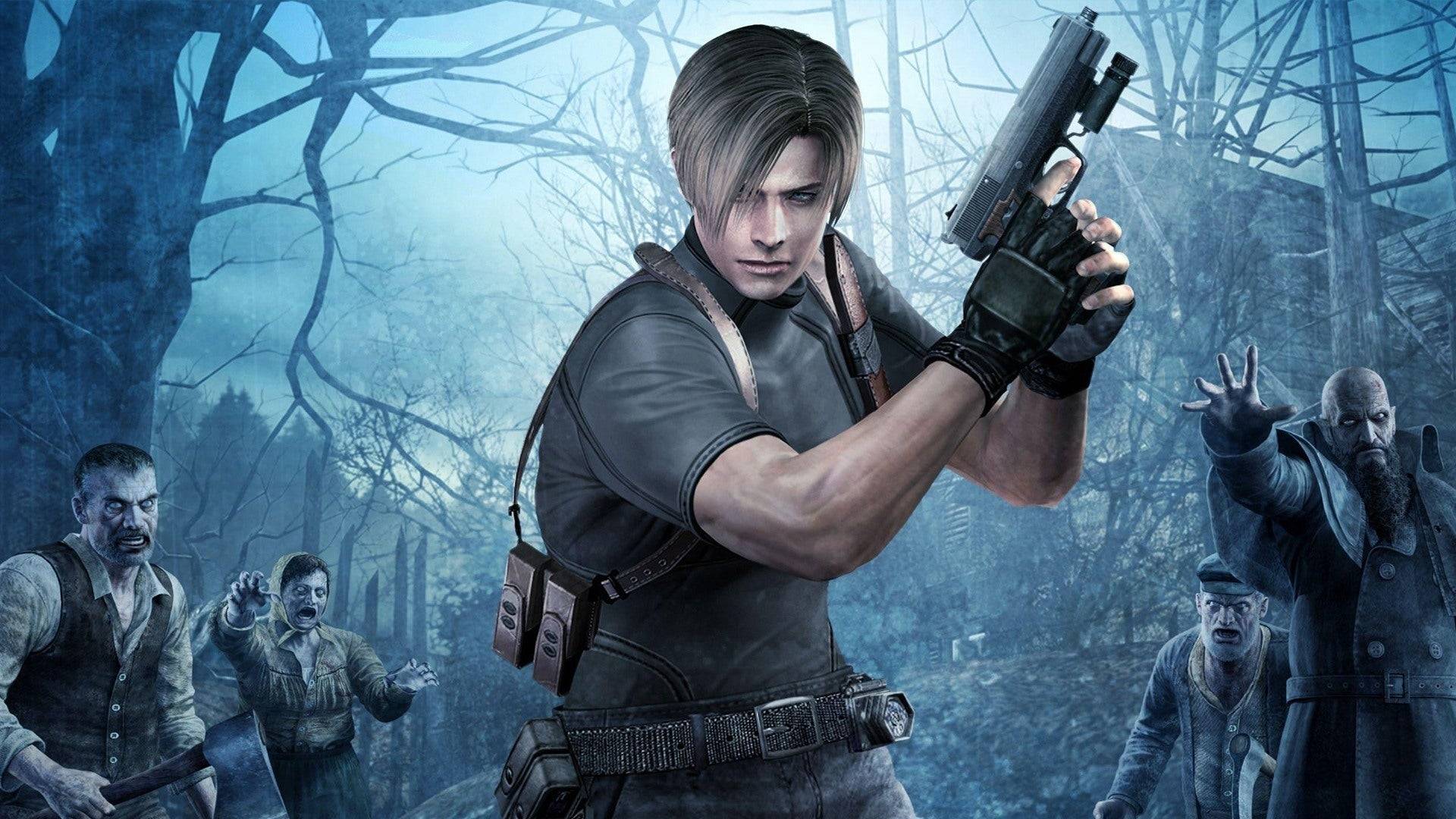
Released in 2005, *Resident Evil 4* blended horror and action masterfully. However, this blend drastically altered the course of the franchise. While rooted in horror, it incorporated Hollywood action elements. Subsequent games lost this crucial balance. In *Resident Evil 5* (2009), Chris Redfield punches a boulder, and infected enemies are gunned down in a car chase—more *Fast and Furious* than frightening. The series' identity was fading, a fact acknowledged by both players and developers, including *Resident Evil 4* Remake director Yasuhiro Ampo, a veteran since 1996.
"Throughout the *Resident Evil* series, we set different goals for each game," Ampo explains. "But this time, we felt a disconnect between what fans wanted and what we were creating."
This confusion led to *Resident Evil 6* (2012), which attempted to appease both action and horror fans, resulting in a disjointed experience with six playable characters and three storylines. The game failed to achieve a satisfying balance, leaving neither group fully satisfied. Online, fans voiced their disappointment, while developers continued experimenting with online co-op spin-offs.
This wasn't limited to *Resident Evil*. Following the success of *Street Fighter 4*, *Street Fighter 5* (2016) was criticized for its lack of single-player content and poor online functionality. Fans pointed to a lack of polish and confusing balance. Other key franchises also struggled. *Devil May Cry*, outsourced to Ninja Theory for *DmC: Devil May Cry* (2013), received a mixed reception, leading to the series being shelved. New titles like *Lost Planet* and *Asura's Wrath* failed to resonate. While there were exceptions like *Dragon's Dogma*, Capcom's overall direction was unclear.
Change was essential.
Street Fighter 5: The Lost Cause
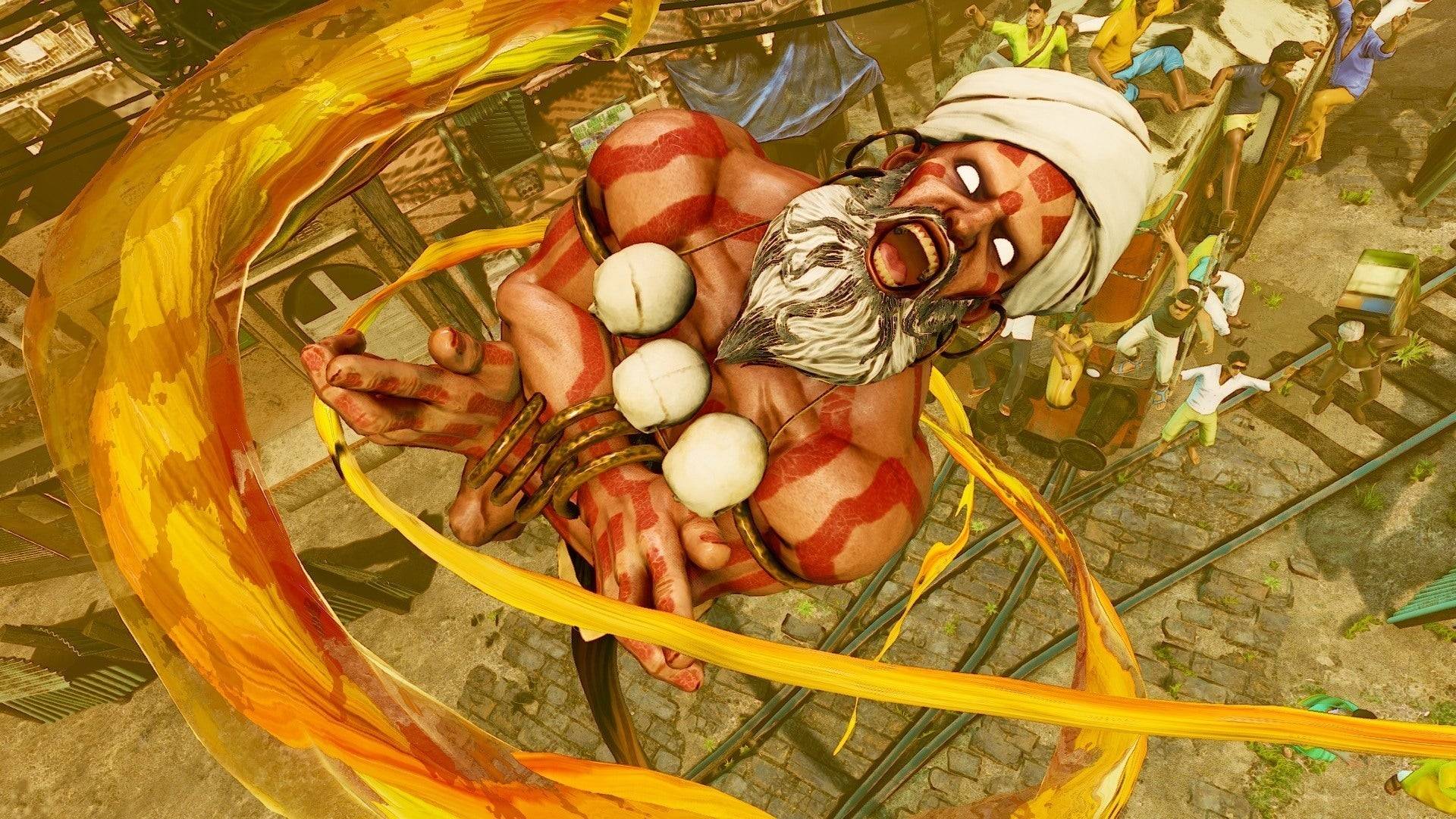
By the mid-2010s, Capcom began implementing strategic changes. *Street Fighter 5* needed fixing, so director Takayuki Nakayama and producer Shuhei Matsumoto were brought in. While they couldn't undo the initial mistakes, they focused on addressing pressing issues, laying the groundwork for *Street Fighter 6*.
"We faced challenges in production and couldn't make major changes," Nakayama admits. "We had to proceed with what we had, which limited our options."
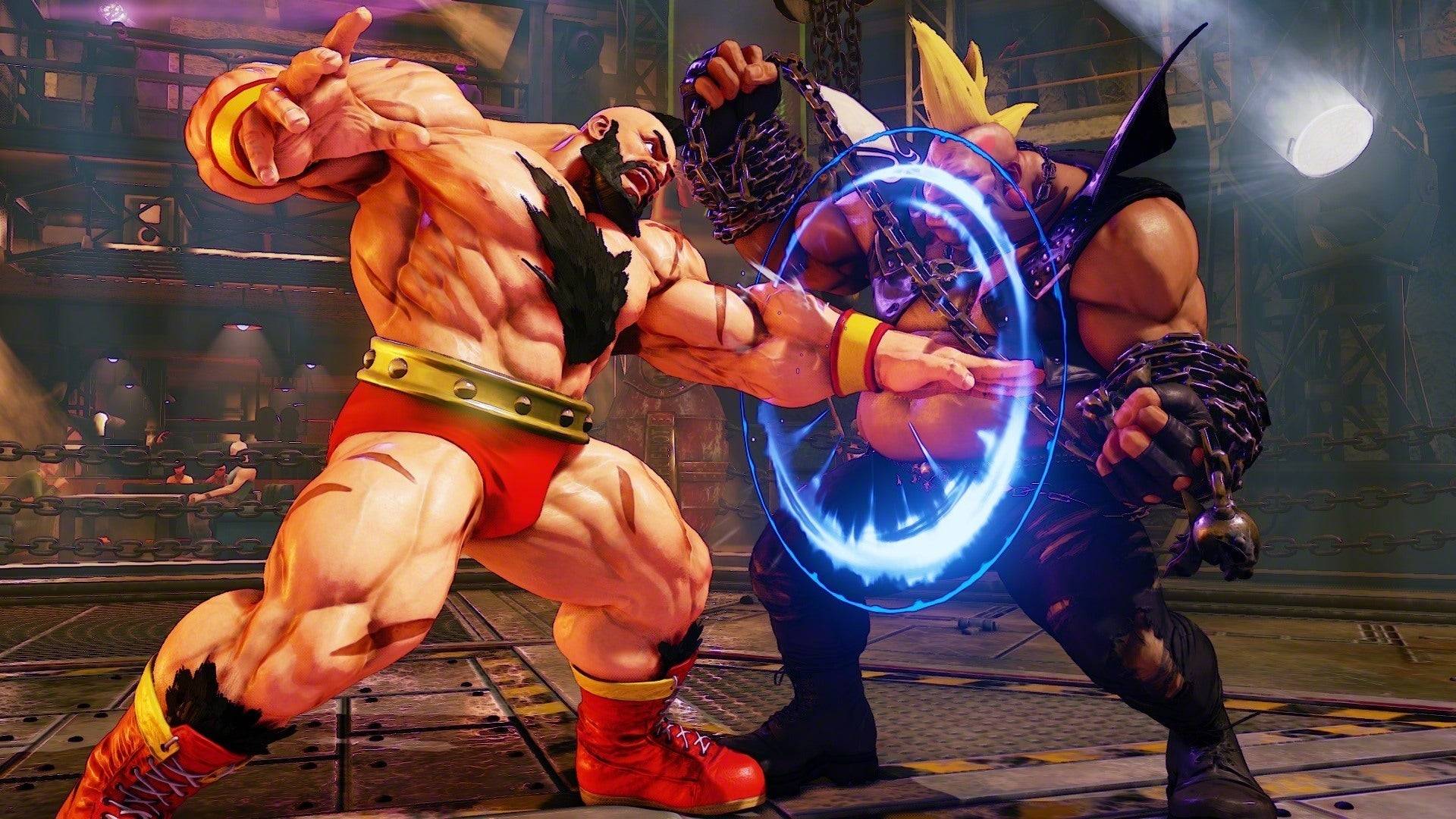
Instead of a complete overhaul, they focused on improvements. Rather than abandoning *Street Fighter 5*, Matsumoto explains, "We used it as a learning process for *Street Fighter 6*. We experimented, saw what worked, and applied those lessons to the sequel."
They treated *Street Fighter 5* as a testing ground, improving netcode, rebalancing characters, and adding new mechanics like V-Shift, initially considered for *Street Fighter 6*. The goal was to rediscover the fun, addressing the frustration of the original release.
"Fighting games should be fun," Matsumoto says. "But *Street Fighter 5* lacked a clear path to enjoyment for players."
Instead of simply lowering the difficulty, *Street Fighter 6* expanded tools for new players while retaining features for veterans. Using *Street Fighter 5* as a learning experience, *Street Fighter 6* (2023) became one of the franchise's most acclaimed entries.
To prevent repeating past mistakes, Capcom needed a broader strategic shift. This involved significant behind-the-scenes changes.
Monster Hunter Took Over The World
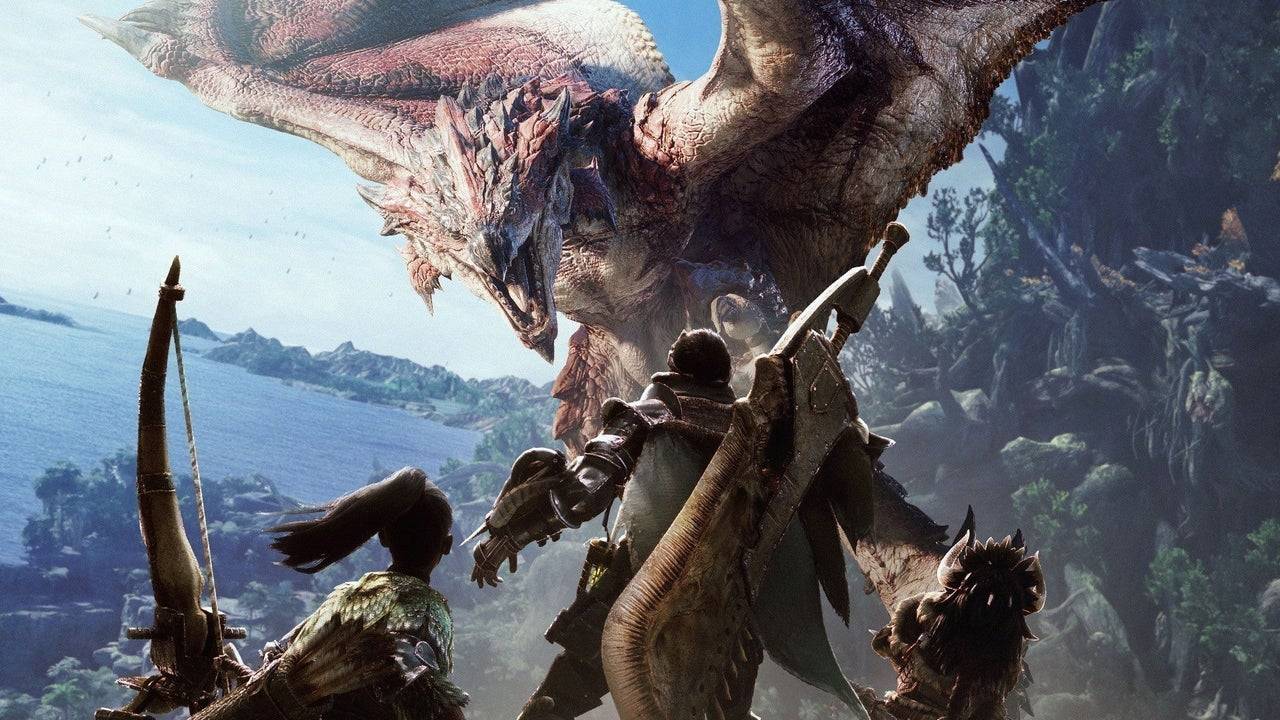
Around 2016, Capcom reorganized internally, preparing for a new generation of games powered by the RE Engine, replacing the aging MT Framework. This wasn't just a technological upgrade; it involved a commitment to global appeal.
"Several factors converged," says Hideaki Itsuno, known for his work on *Devil May Cry*. "The engine change, and a clear goal to create games for a global market—games fun for everyone."
Capcom previously focused on the Western market, resulting in titles like *Umbrella Corps* and *Lost Planet*, which failed to resonate. They realized they needed games appealing to everyone, not just Western audiences.
"We focused on making good games that would reach people worldwide," Itsuno says.
This shift was pivotal. *Resident Evil 7* (2017) marked the beginning of Capcom's resurgence. No franchise embodies this global success better than *Monster Hunter*. While it had Western fans, it was far larger in Japan. This was partly due to the success of *Monster Hunter Freedom Unite* on the PSP, a platform hugely popular in Japan, facilitating local multiplayer.
"Twenty years ago, network connections in Japan weren't easy," explains Ryozo Tsujimoto, executive producer of *Monster Hunter*. "Handhelds made multiplayer easy without internet, allowing players to experience the game as we intended."
*Monster Hunter*'s cooperative gameplay thrived on local multiplayer, creating a cycle where Japanese success led to Japan-focused content, reinforcing its image as a Japan-only brand.
However, with improved Western internet infrastructure, Tsujimoto saw an opportunity. *Monster Hunter: World* (2018), released simultaneously worldwide on PS4, Xbox One, and PC, offered AAA console quality, larger areas, and bigger monsters.
"Calling it *Monster Hunter: World* was a nod to our desire to appeal to a worldwide audience," Tsujimoto says. "We aimed for global standards, releasing simultaneously and avoiding Japan-exclusive content."
They also conducted global focus tests, incorporating feedback into the game's design. This, along with small tweaks like displaying damage numbers, led to unprecedented success. *Monster Hunter: World* and *Monster Hunter Rise* (2022) both sold over 20 million copies.
"We analyzed where players got stuck, what was hard to understand, and used that knowledge to improve *Wilds*," Tsujimoto explains.
Resident Evil 7 Began Turning Things Around
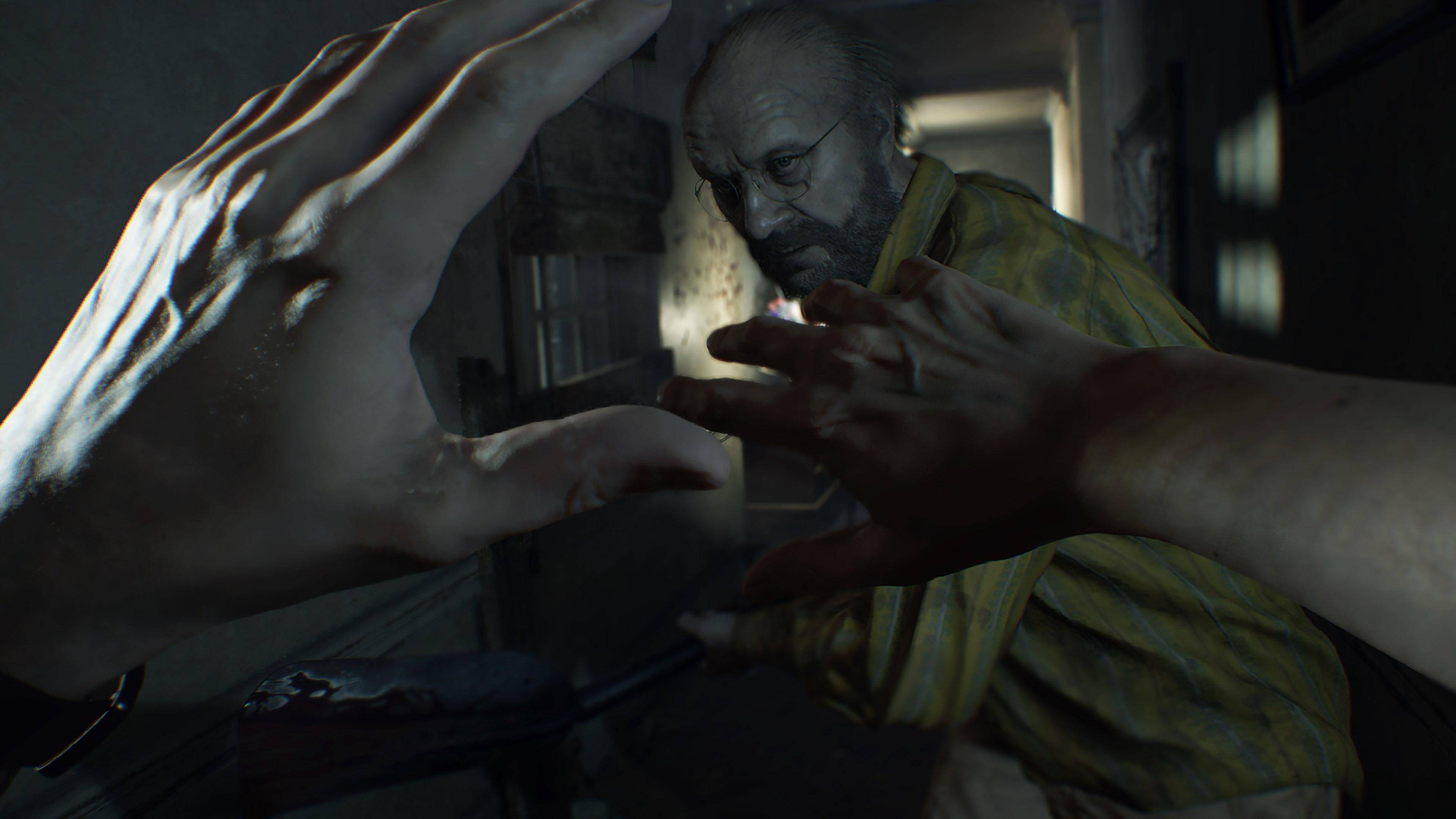
*Monster Hunter* had a winning formula; the challenge was global appeal. For *Resident Evil*, the team had to choose between action and survival horror. Jun Takeuchi, executive producer, decided on a return to survival horror.
"Around the time of *Resident Evil Revelations 1* and *2*, I was testing different approaches," recalls Yasuhiro Ampo. "Takeuchi set the direction: return to the series' roots."
*Resident Evil 7*, announced at E3 2016, marked a return to first-person perspective and survival horror. It was a hit, bringing back the series' signature scares.
"Takeuchi made it clear that being scary and emphasizing survival were critical," Ampo says. "We would go back to the origins and then try new things."
Capcom didn't abandon the third-person perspective. While *Resident Evil 7* and *8* remained first-person, remakes of *Resident Evil 2* and *3* brought back the third-person view, capitalizing on fan demand.
"People really wanted this," Ampo says. "So Hirabayashi said, 'We'll do it.'"
The *Resident Evil 2* Remake was a massive success, blending horror, action, and puzzles. The *Resident Evil 4* Remake followed, despite initial hesitation.
"*Resident Evil 4* was beloved," Ampo admits. "If we messed up, people would be vocal."
However, the remake refined the action-horror balance, retaining the action while deepening the horror.
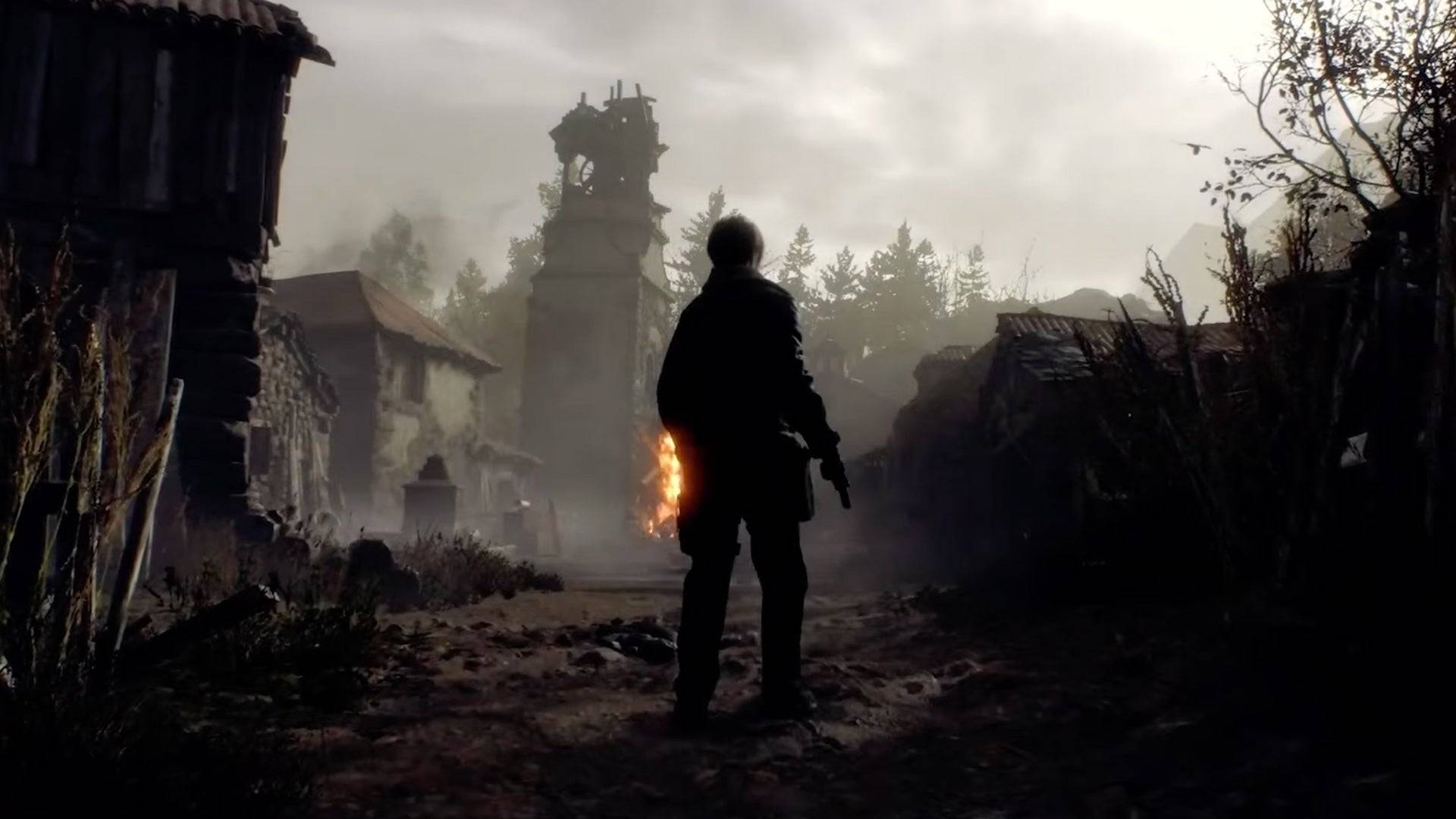
Hideaki Itsuno, director of *Devil May Cry*, had a similar epiphany. After *Dragon's Dogma*, he saw an opportunity to create a challenging action game, leveraging the RE Engine.
The Reason Behind The Change
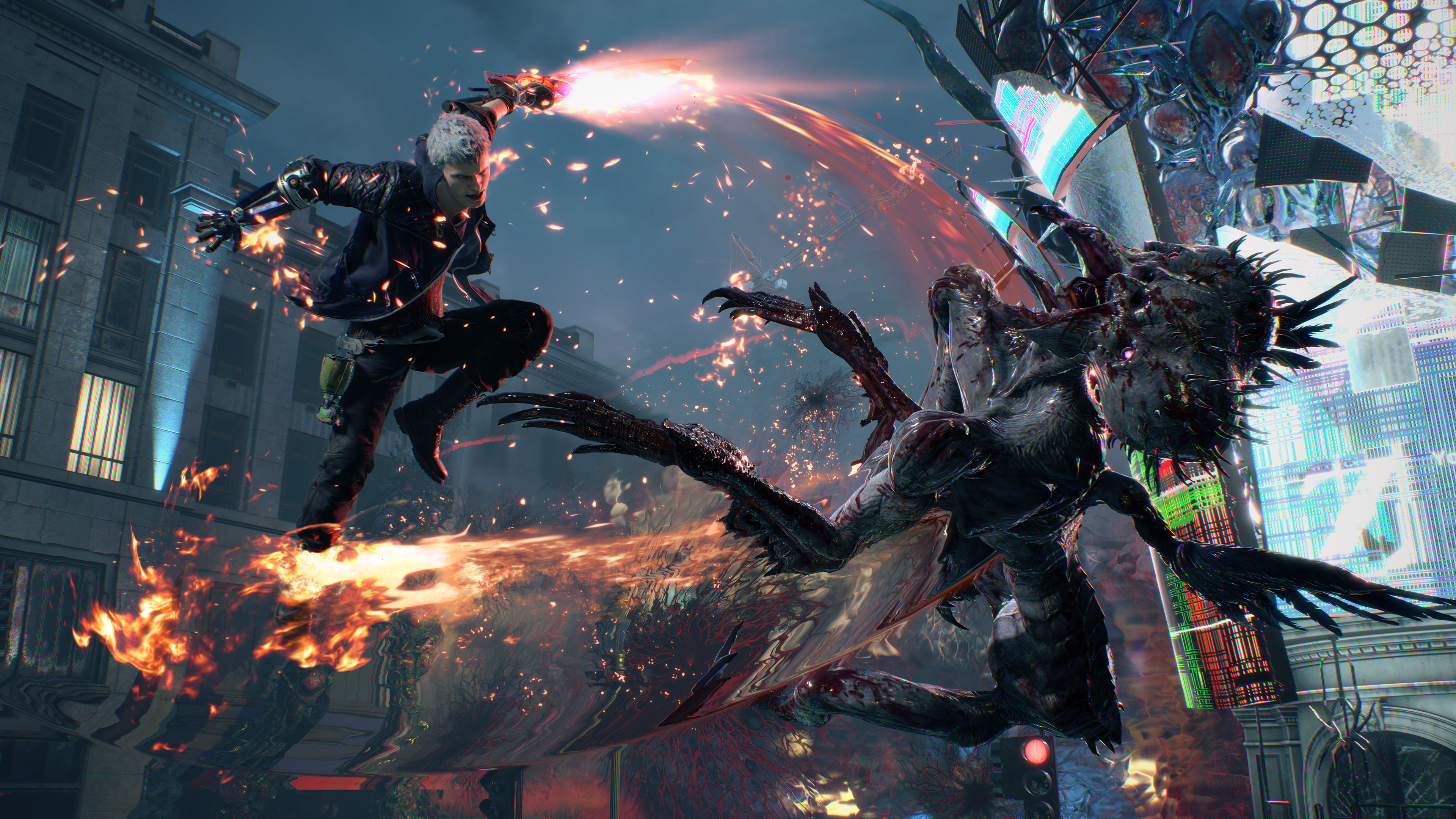
"The trend in action games was to be too kind to players," Itsuno admits. "I wanted to challenge them."
Itsuno's return to *Devil May Cry* after a decade, using the RE Engine, allowed for greater visual fidelity and quicker iteration. The engine's flexibility was vital for Itsuno's goal of creating the "coolest" action game.
"*Devil May Cry* is about being cool," Itsuno says. "I put everything I consider cool into the game."
A New Capcom Golden Age
Since 2017, Capcom has consistently delivered high-quality games. Their focus on global appeal and the RE Engine's capabilities has led to unprecedented success. They seamlessly transition between genres without losing their unique identities.
This global focus hasn't diluted their games; it's expanded their audience. Capcom has found a balance between staying true to their franchises and broadening their appeal.
When asked about a new golden age, the directors agreed. Nakayama says, "It's exciting to be at Capcom. We're focused on what's fun." Tsujimoto adds, "Capcom is in a golden era, and we'll do everything to keep it going."
- 1 Silent Hill 2 Remake Confirms Xbox, Switch Release in 2025 Feb 08,2025
- 2 Connect Asus ROG Ally to TV or Monitor: Easy Guide Apr 06,2025
- 3 "Persona Games and Spin-Offs: Complete Chronological List" Apr 09,2025
- 4 Dragon Soul Tier List: Ultimate Guide May 12,2025
- 5 The Best Marvel Contest of Champions Tier List for 2025 Mar 19,2025
- 6 Fix 'Can't Connect to Host' Error in Ready or Not: Quick Solutions Jun 13,2025
- 7 Assassin's Creed Shadows: Max Level and Rank Cap Revealed Mar 27,2025
- 8 "Discover All Templar Locations in Assassin’s Creed Shadows - Spoiler Guide" Apr 04,2025
-
Top Arcade Classics and New Hits
A total of 10
-
Addictive Arcade Games for Mobile
A total of 10
-
Android Apps for Video Content Creation
A total of 10












![Roblox Forsaken Characters Tier List [UPDATED] (2025)](https://img.actcv.com/uploads/18/17380116246797f3e8a8a39.jpg)
